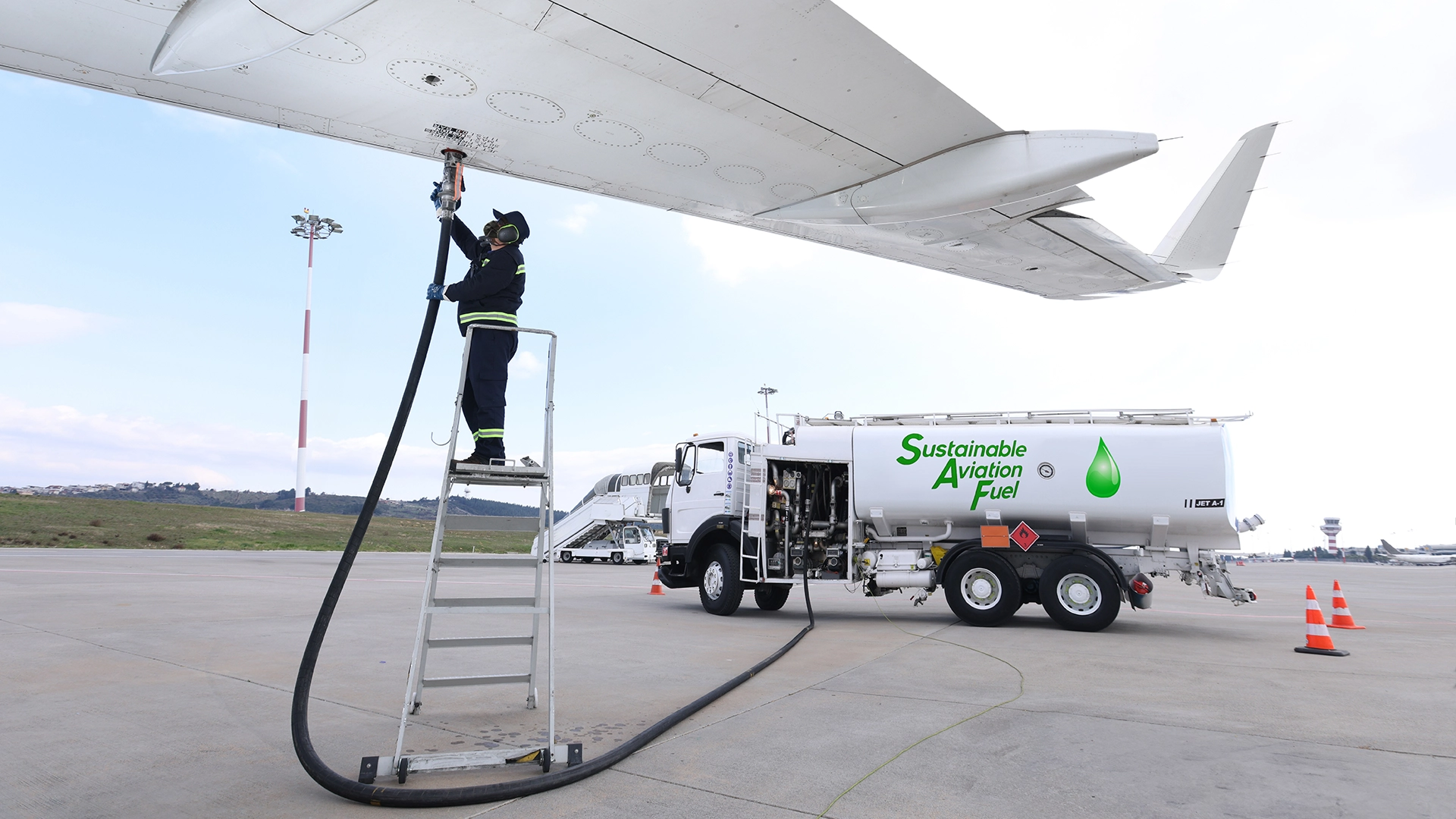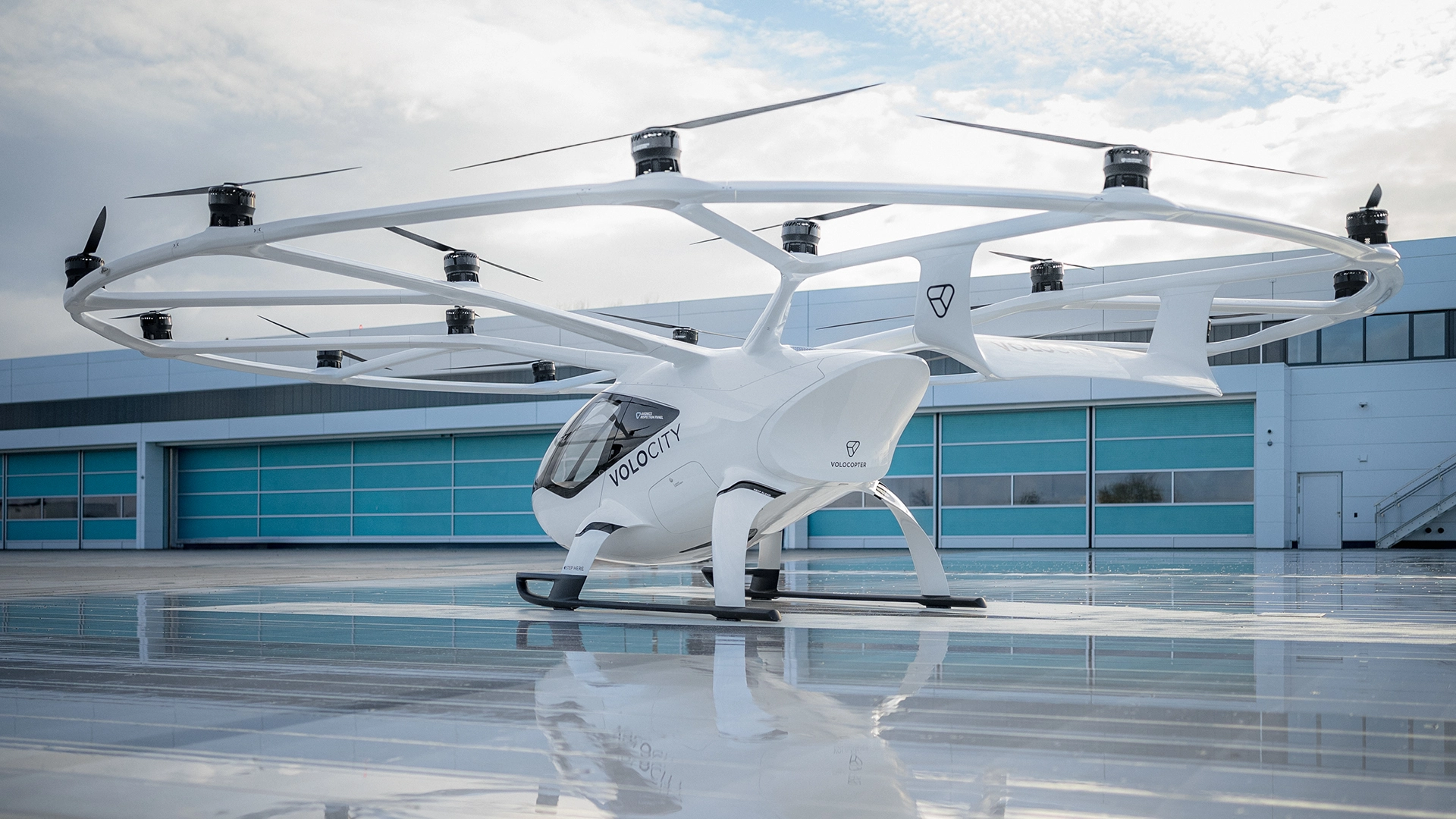CLIMBING. FAST. is a joint advocacy initiative by the European Business Aviation Association (EBAA) and the General Aviation Manufacturers Association (GAMA) to highlight business aviation’s critical role across Europe.
From connecting remote regions and supporting EU-wide innovation, to enabling high-value trade and creating pathways for a next-generation workforce, the sector is an engine for opportunity. But this progress faces headwinds. Growth-stifling regulations risk undermining the sector’s contributions to jobs, investment, and essential services across the continent. That’s why EBAA and GAMA are working together on a shared manifesto—to ensure business aviation remains a pillar of a competitive, connected, and sustainable Europe.
Enabling BA to reach net-zero by 2050
While aviation is universally recognised as a hard to abate industry, BA manufacturers and operators are committed to reaching net-zero by 2050. We are an innovative, versatile and high-tech industry that recognises the importance of reducing our environmental footprint. However, to get there, we need to have access to SAF, access to financing to accelerate the upgrades to the BA fleet in Europe, and we need critical enabling policy decisions on issues like the Single European Sky.
Ensure European BA has access to SAF
At present, the ReFuelEU Aviation Regulation (Regulation (EU) 2023/2405) does not recognise Book and Claim (B&C) as an accounting mechanism for operators to purchase SAF credits while claiming the reporting benefits under the EU’s Emissions Trading Regulation (ETS). With global SAF demand projected to continue to outpace supply by up to 70% for the foreseeable future, investors need strong market signals to scale European, RED III compliant SAF production.
Create a real, Single European Sky
The SES2+ compromise, negotiated between the European Parliament and the Council under the last political mandate9, lacks the ambition necessary to deliver on solving the problems of the EU’s fragmented airspace system. At the end of the day, it is airspace users who pay the bill as European air traffic remains fragmented and marked by continuous delays and cancellations, affecting European citizens. The fragmentation of EU airspace also leads to 10% more fuel being burnt than needed due to inefficient routing. We consider that a broad range of additional actions are indispensable to fully optimise the Single European Sky, and to help reach the climate targets set by the European Commission.
Accordingly, EBAA and GAMA call on the incoming European Commission and Parliament to: Find the right level of ambition for SES2+ and submit a revised proposal to fully optimise European skies and reduce unnecessary carbon emissions due to fuel burn.
Investing in Europe, Investing in the Future
Europe needs a strong industrial policy underpinned by a focus on competitiveness and innovation. Otherwise, as pointed out by the recent Letta Report, Europe faces the possibility of deindustrialisation . In terms of direct impacts, BA manufacturing is a €40+ billion global industry16 which has a proven track record of being the cradle of innovation for aviation writ large. From the first certified fully electric trainer aircraft, to manufacturing some of the most sophisticated business turboprops, jets helicopters and a rich landscape of advanced air mobility solutions,
Europe has a strong industrial base for General and BA aircraft. When considering the wider impacts that are enabled by BA operations, the effect is many times amplified as these services are a critical mobility solution for business leaders, investors and governments, which in turn facilitates investment, secures supply chains and leads to economic growth.
3 pillars of the Manifesto
Enabling BA to reach net-zero by 2050
Ensuring BA has access to sustainable aviation fuels (SAF) so we can reach our net-zero goals by 2050.
Include BA in the Sustainable Finance Taxonomy to ensure adequate financing is available to modernise the European fleet.
Cutting 10% of EU aviation emissions by creating a real Single European Sky.
Safeguarding a competitive, and fair European Single Market for BA operators
Non-CO2 reporting requirements must be simplified as much as possible for small operators.
Maintaining a level playing field in terms of access to airports and airspace for all airspace users.
Abstaining from taxing non-CO2 emissions while high level of scientific uncertainty exists.
Abstaining from introducing energy taxation on kerosene to maintain the European aviation sector’s competitiveness.
Investing in Europe, Investing in the Future
Ensure EASA is appropriately funded to accelerate the certification of new and more efficient aircraft and technologies
Recognise the strategic importance of General and BA manufacturing as a lynchpin for advancing innovation and decarbonisation in aviation.
Ensure that European advanced air mobility (AAM)companies have adequate funding available in the face of international competition.



